ms swaminathan biography, ms swaminathan, biography of ms swaminathan, m s swaminathan, m s swaminathan family
ms swaminathan biography
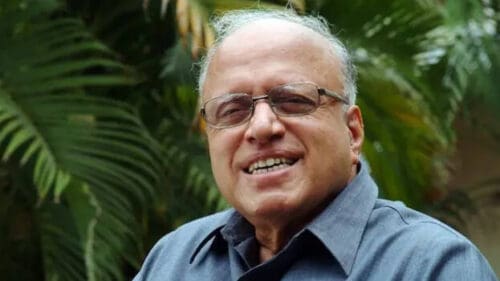

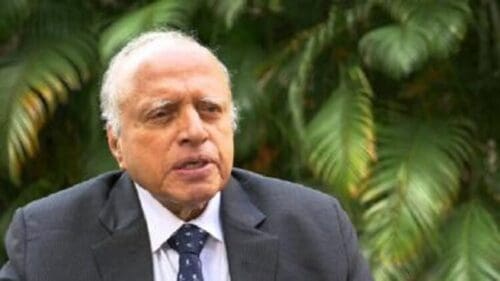
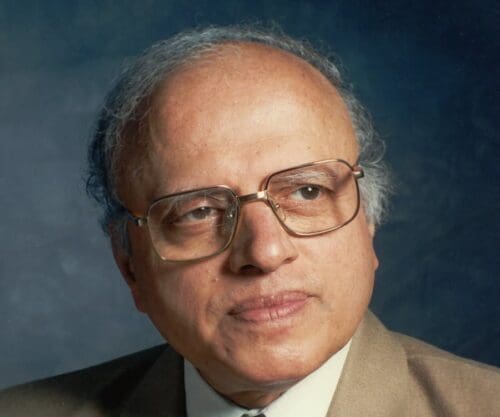
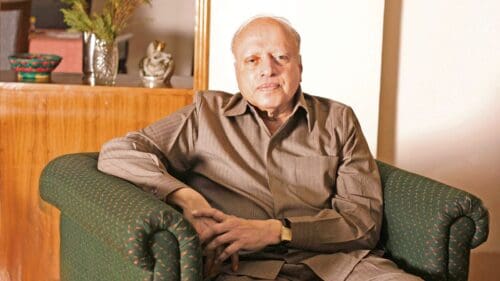
Monkombu Sambasivan Swaminathan, known as M.S. Swaminathan, was an Indian geneticist and global administrator, born on August 7, 1925, in Kumbakonam, Tamil Nadu, India.
He played a pivotal role in India’s “Green Revolution,” a transformative program that involved the cultivation of high-yield varieties of wheat and rice seedlings in the fields of impoverished farmers.
Swaminathan, the offspring of a surgeon, received his education in India and pursued further studies at the University of Cambridge, where he earned his Ph.D. in 1952, specializing in genetics.
Over the next two decades, he occupied various research and administrative roles, predominantly within the Indian civil service, contributing significantly to the integration of Mexican semidwarf wheat plants into Indian agriculture and promoting the adoption of contemporary farming techniques.
From 1972 to 1979, he served as the director general of the Indian Council of Agricultural Research, demonstrating his commitment to advancing agricultural practices in the country.
Swaminathan held the position of principal secretary of the Indian ministry of agriculture and irrigation from 1979 to 1980, further influencing agricultural policies.
His global impact extended as he assumed the role of director general of the International Rice Research Institute from 1982 to 1988, contributing to advancements in rice cultivation techniques.
Additionally, Swaminathan served as the president of the International Union for Conservation of Nature and Natural Resources from 1984 to 1990, showcasing his dedication to environmental preservation.
A distinguished figure in the field of genetics, he left an indelible mark on agricultural development, emphasizing the importance of sustainable and high-yield farming practices.
M.S. Swaminathan’s legacy includes his instrumental role in propelling India into a new era of agricultural productivity and his leadership on the global stage in advancing agricultural research and environmental conservation.
Born in Tamil Nadu, he remained deeply connected to his roots, and his contributions to Indian agriculture were marked by innovation and a commitment to addressing the needs of impoverished farmers.
Swaminathan’s efforts in introducing innovative farming methodologies and crop varieties had a profound impact on food production, helping alleviate poverty and food scarcity in many regions.
As a geneticist, he leveraged his expertise to bridge the gap between scientific advancements and practical applications, making agriculture more resilient and productive.
In his role as the director general of the International Rice Research Institute, Swaminathan worked towards global collaboration in developing sustainable solutions for rice cultivation, addressing a critical component of world food security.
Beyond agriculture, his tenure as the president of the International Union for Conservation of Nature and Natural Resources showcased his commitment to broader environmental concerns.
M.S. Swaminathan’s visionary leadership and dedication to sustainable practices left an enduring legacy, influencing agricultural policies both in India and internationally.
m s swaminathan photos, m.s swaminathan biography, ms swaminathan age, ms swaminathan family
ms swaminathan fast facts

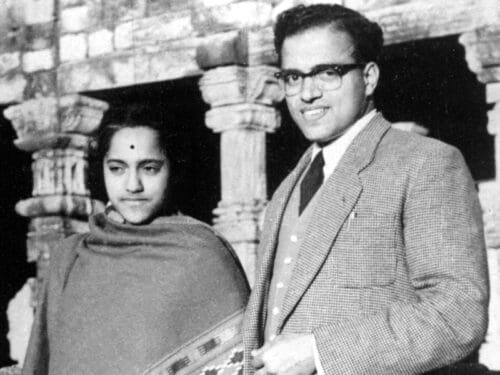
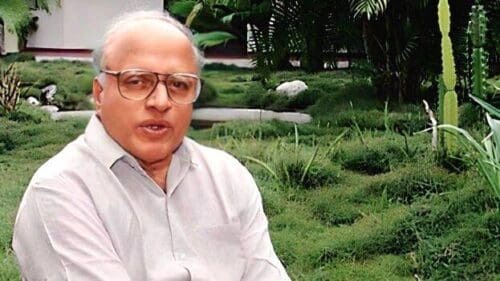
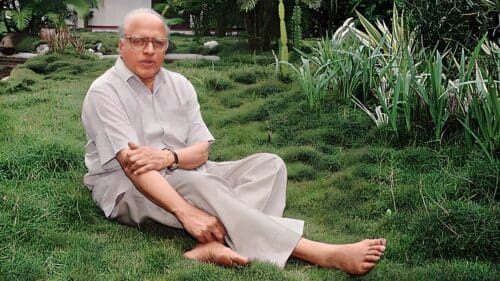
M.S. Swaminathan, recognized for his pivotal role in advancing agricultural growth through science and technology, also made substantial contributions to conservation and environmental protection.
His extensive work encompassed four key areas of conservation: mangrove ecosystems, biodiversity conservation, genetic conservation, and Keystone Dialogues, which focused on plant genetic resources and biological diversity.
Mangrove ecosystems, resilient in challenging environments, face constant threats from human activities like coastal aquaculture expansion. Swaminathan advocated urgent measures to prevent further destruction, emphasizing the need for restoring degraded mangrove forests.
Swaminathan underscored the importance of maintaining genetic diversity in the Indo-Malaysian region, a recognized center of diversity for mangrove species.
His biography, “M.S. Swaminathan: Scientist | Humanist | Conservationist,” authored by R.D. Iyer, Anil Kumar, and Rohini Iyer and published in November 2021, delves into his commitment to environmental causes.
Swaminathan aimed for harmony between human and animal populations, recognizing that livelihood security is crucial for successful conservation efforts, particularly in impoverished and densely populated regions.
Amid debates between development and conservation proponents, he advocated achieving a balance that ensures the well-being of both human and animal populations.
Swaminathan championed the need for an international Protocol on Biosafety under the Convention on Biological Diversity, addressing concerns about potentially harmful biotechnological experiments in developing countries.
For animal genetic resources, he advised countering the negative impact of crossbreeding by conserving native breeds and retaining those with hidden production strengths.
He formulated the educational program “Every Child a Scientist” to promote conservation agriculture and sensitize children to the country’s biological heritage.
As president of the International Union for Conservation of Nature and Natural Resources (IUCN) in 1984, Swaminathan emphasized transforming the organization from Euro-centric to Earth-centric, addressing issues concerning the poor alongside saving endangered species.
His “Personal Manifesto” during his IUCN presidency stressed the need to pay equal attention to issues concerning the poor and hungry as to conservation efforts for pandas and penguins.
Diagnosing the food crisis in Africa, he identified the importance of widespread reforestation as a key factor.
Swaminathan, as a humanist, developed a three-pronged hunger elimination strategy, emphasizing the fundamental role of bridging the nutrition divide in addressing broader societal divisions.
His consistent emphasis on the common present shaping our common future reflected his dedication to ensuring global well-being through holistic conservation strategies.
